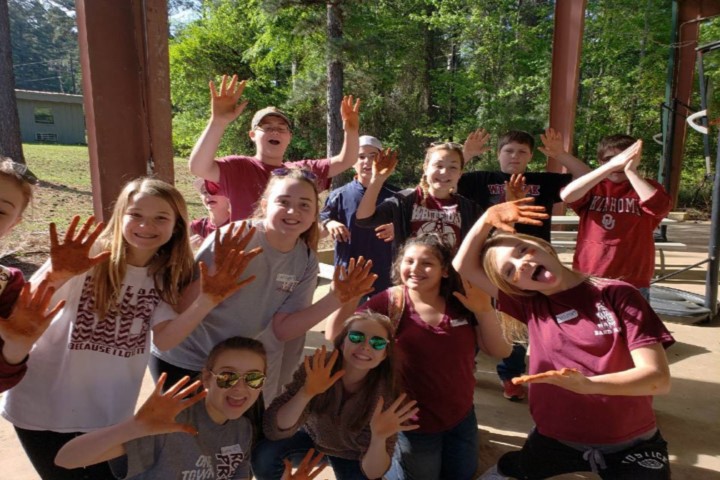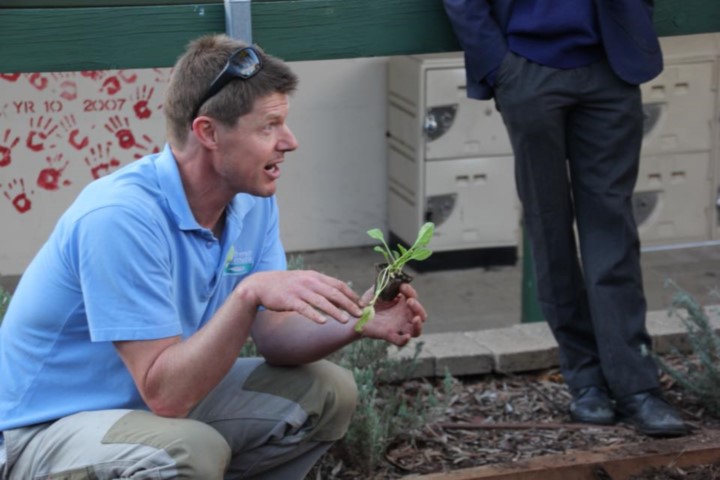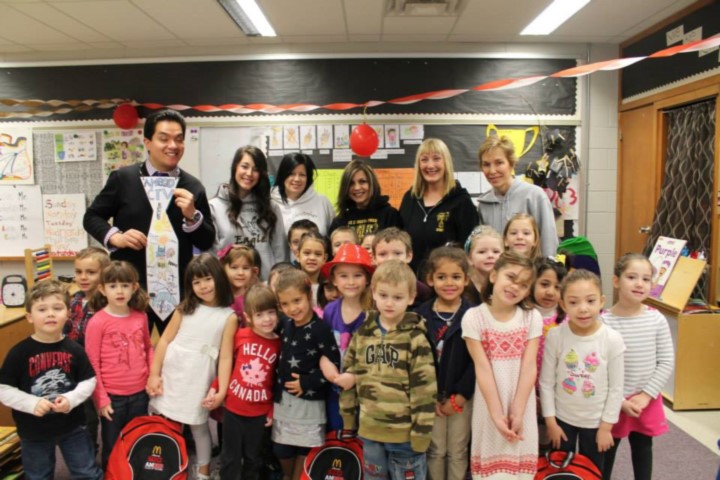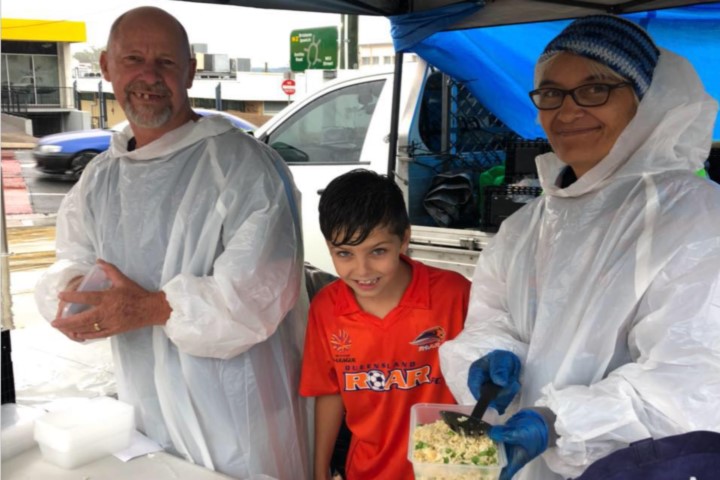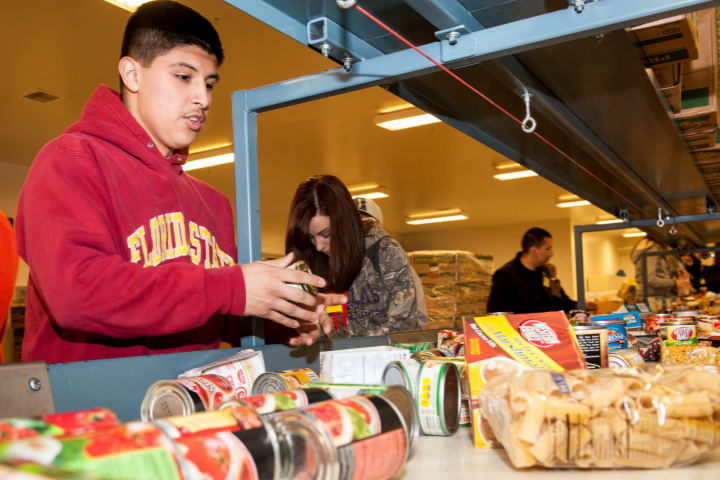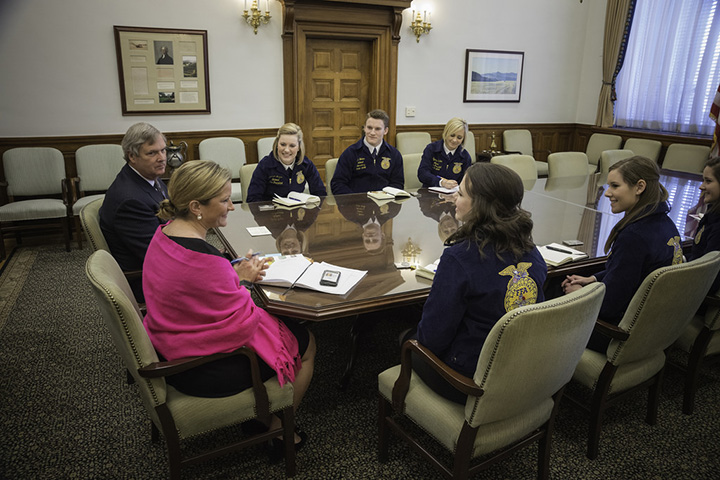A Harvard Medical School study that tracked 800 people through their entire lives recently revealed six things that made the biggest impact on their happiness, health and longevity.
The study involves several types of participants, from Harvard graduates born around 1920 to blue collar, inner city adults and intellectually gifted women specifically. And while many of the findings seem like common sense, others were less obvious, Business Insider reports.
Smoking and excessive alcohol use showed to have the biggest impact on health, while exercise and and weight management played key roles in longevity and happiness. Heavy smokers generally died sooner than others, while those with a healthy weight who enjoyed regular exercise lived longer with a better quality of life.
Years of education also made a difference. The study found “the physical health of the 70-year-old inner city man was as poor as that of the Harvard men at 80. But remarkably, the health of the college-educated inner city men at 70 was as good as that of the Harvard men at 70,” according to “Aging Well: Surprising Guideposts to a Happier Life from the Landmark Study of Adult Development,” a book by George Vaillant, the lead author of the study for over three decades.
“This was in spite of the fact that their childhood social class, their tested IQ, their income, and the prestige of their colleges and jobs were markedly inferior to those of the Harvard men. Parity of education alone was enough to produce parity in physical health,” Vaillant wrote.
He found that having a happy childhood is important, as well.
“For both inner city men and the Harvard men the best predictor of a high income was not their parents’ social class but whether their mother had made them feel loved,” according to Vaillant. “Perhaps the best summary statement is, What goes right in childhood predicts the future far better than what goes wrong.”
Relationships, and the emotional intelligence to deal with others, showed to be other big predictors of happiness later in life.
“The lives of all three cohorts repeatedly demonstrated that it was social aptitude — sometimes called emotional intelligence — not intellectual brilliance or parental social class that leads to a well-adapted old age,” Vaillant wrote.
The final two elements predicting a long and happy life involve coping skills, and generativity.
Those in the study who used “maladaptive coping” – blaming others, being passive-aggressive, living in denial or fantasy – did not fare as well as those who used “mature methods” like altruism, sublimation, suppression and humor, Business Insider reports.
Generativity – giving back through service as a consultant, mentor, coach or other youth leader – also benefitted participants later in life.
“In all three study cohorts mastery of Generativity tripled the chances that the decade of the 70s would for these men and women be a time of joy and not of despair,” Vaillant wrote.
He summarized the overarching message from the study – the longest prospective study of its kind in the world – with a single sentence: “Whether we live to a vigorous old age lies not so much in our stars or our genes as in ourselves.”
The findings underscore the notion that personal character is perhaps the most significant determining factor for quality and longevity on earth, a realization that some schools are taking to heart.
Daniel Scoggin explained to CultureFeed why character development is critical to the Great Hearts charter school network he founded in Arizona and Texas:
As the ancient Athenian statesman Pericles described the virtues of a free democracy and its citizens as, “. . . knowing the secret of happiness to be freedom, and the secret of freedom a brave heart.”
In the spirit of Pericles we named our public charter organization Great Hearts. It is a reminder to us of our heritage of freedom. But it also is a reminder to us of what we want our students to have, and who we want our students to be, as we inspire our students to fulfill their calling and prepare for the adventure ahead.
The Jubilee Centre for Character and Virtues at the University of Birmingham offers a teacher handbook to help educators develop students’ character and improve their outlook on life. The handbook provides activities that encourage youngsters to “cultivate a sense of appreciation for the network of people from whom they receive benefits,” and “to reflect on the meaning of gratitude” outlined in an associated workbook.

